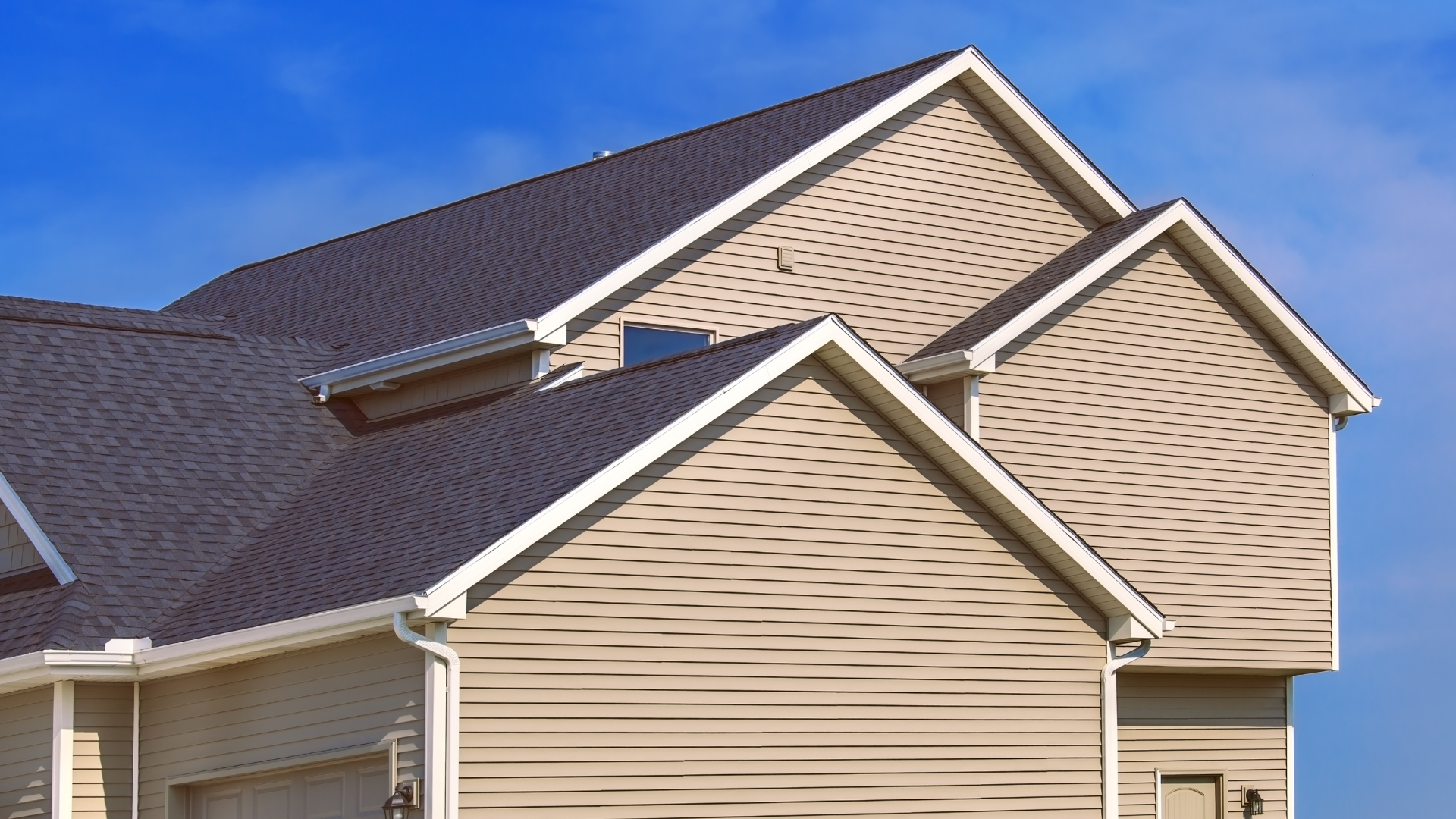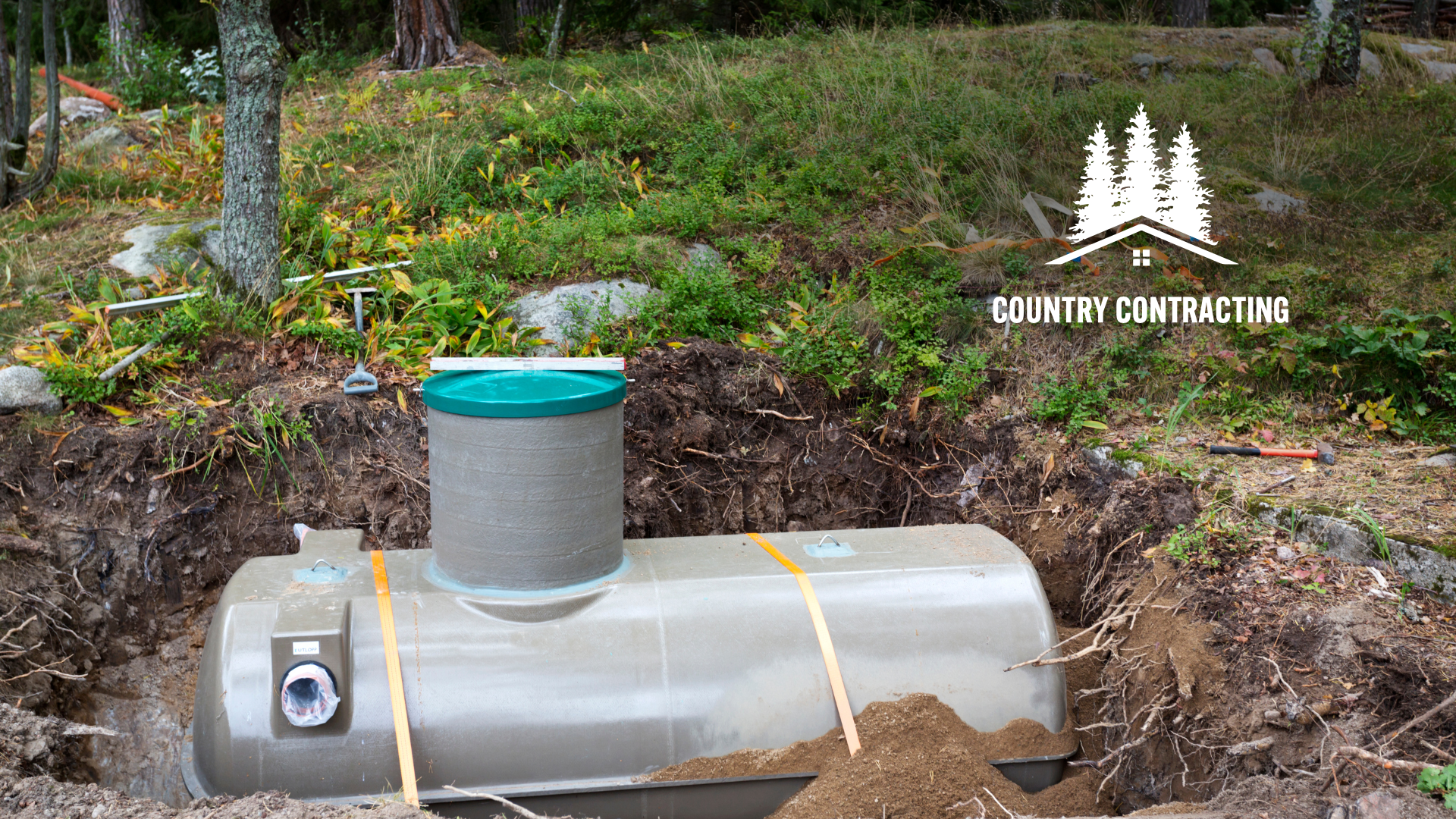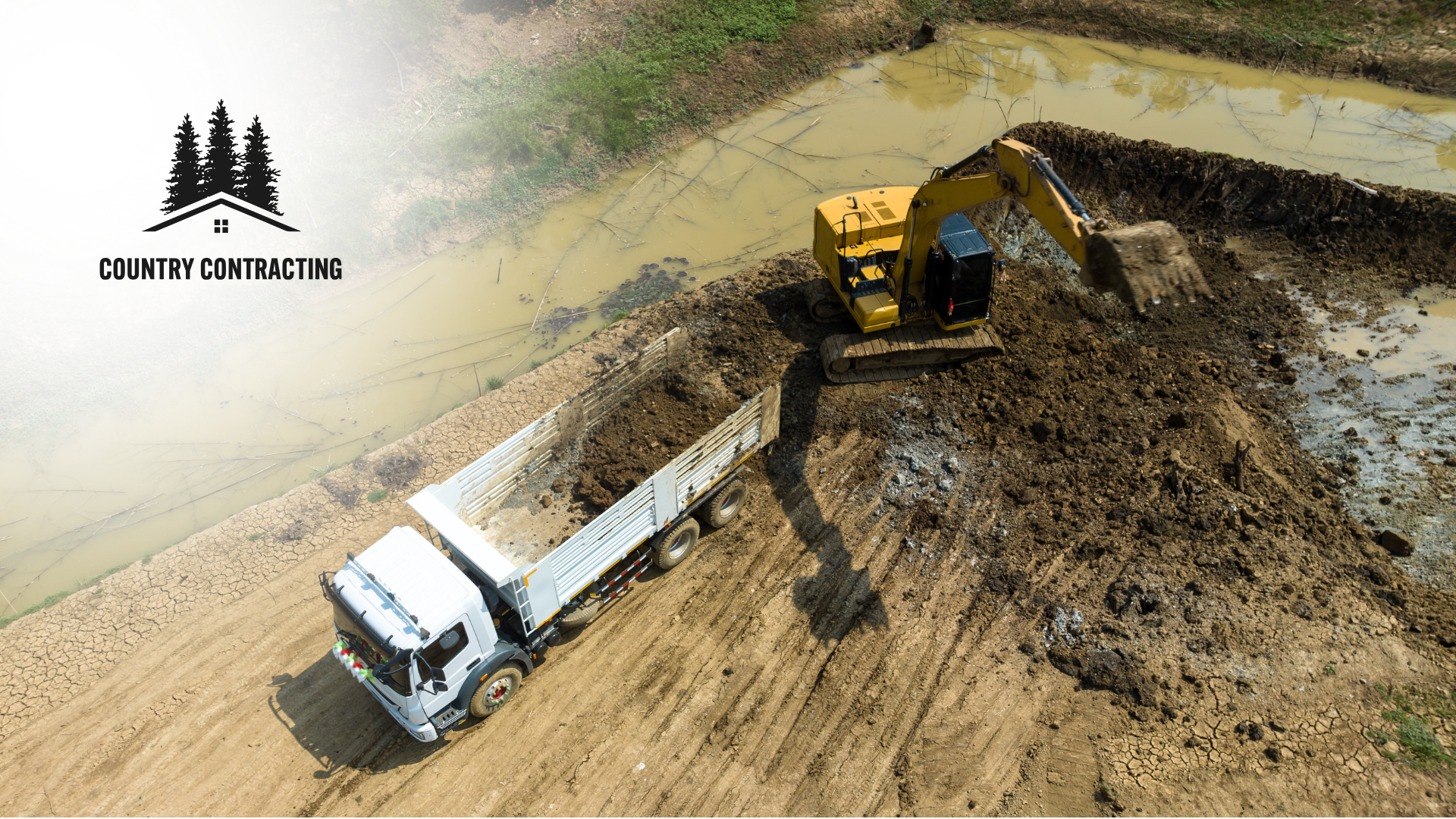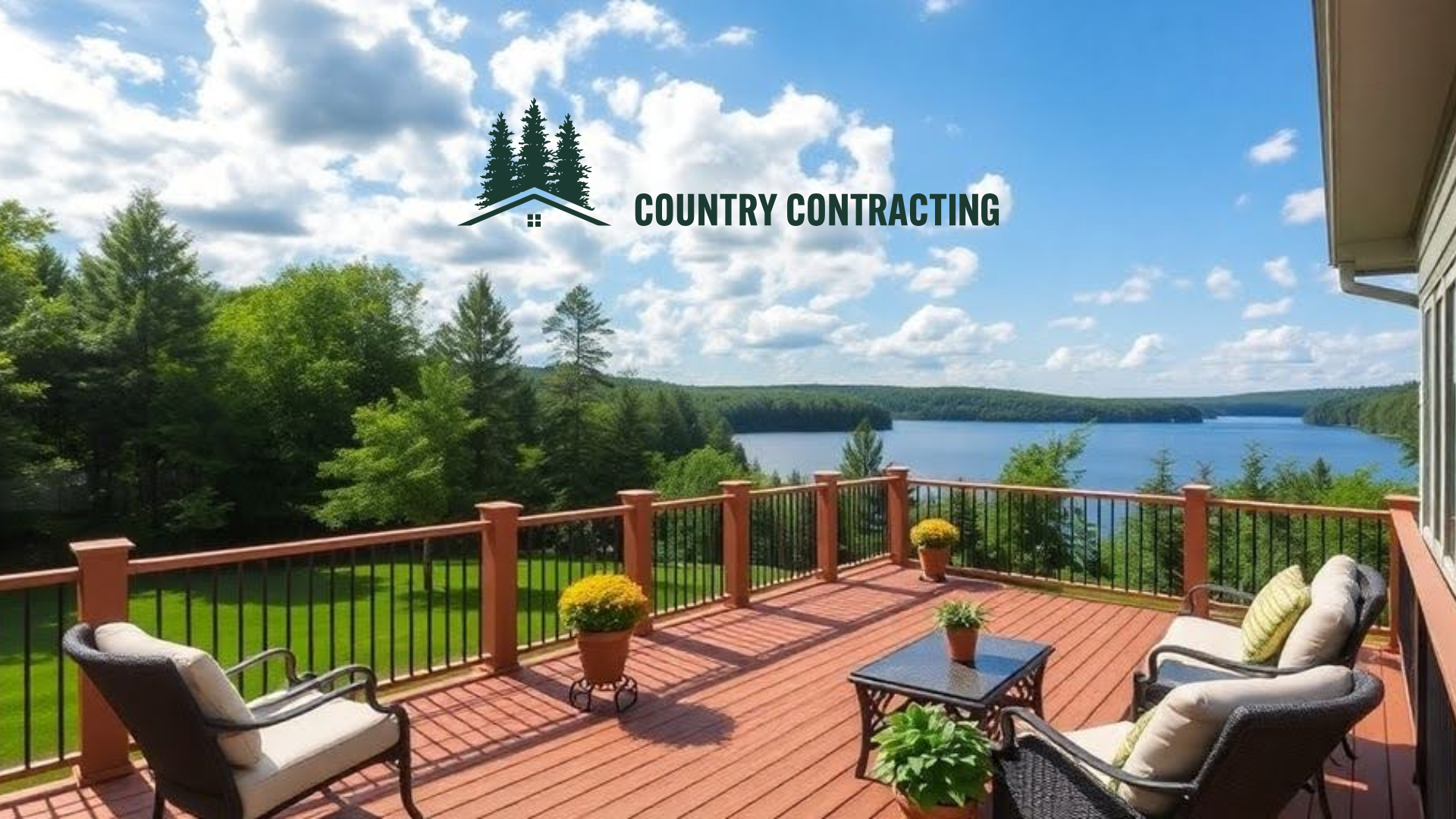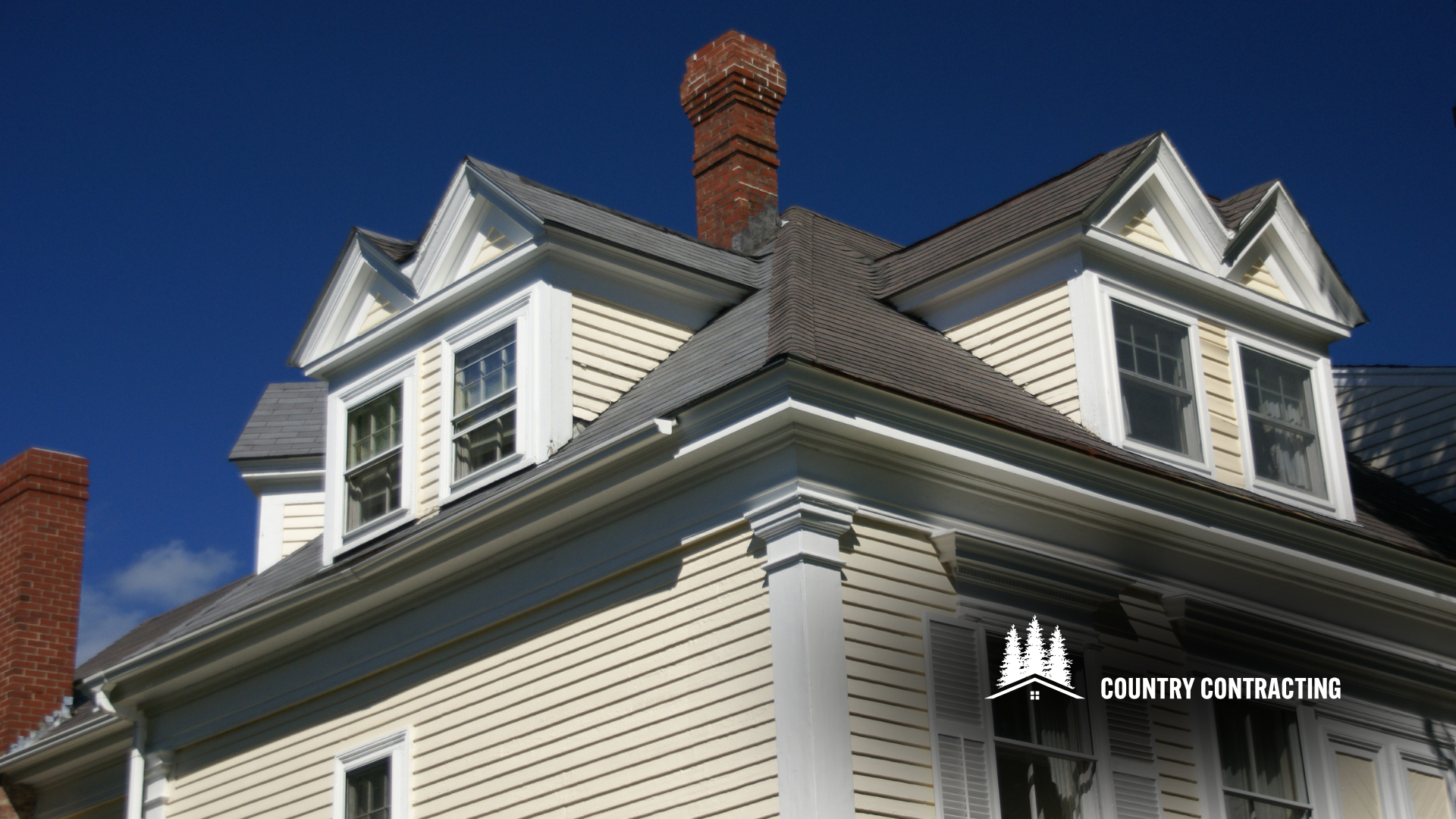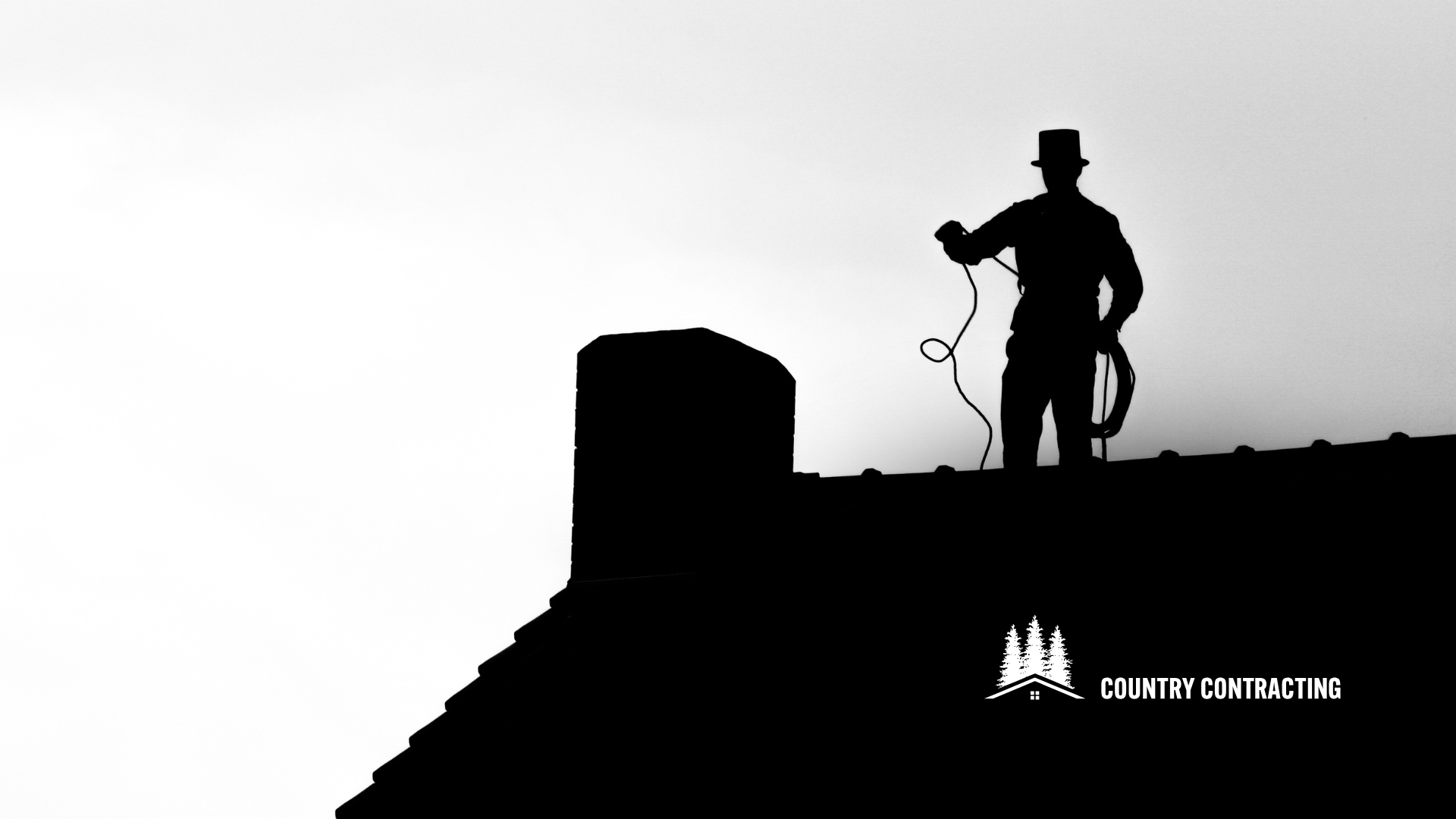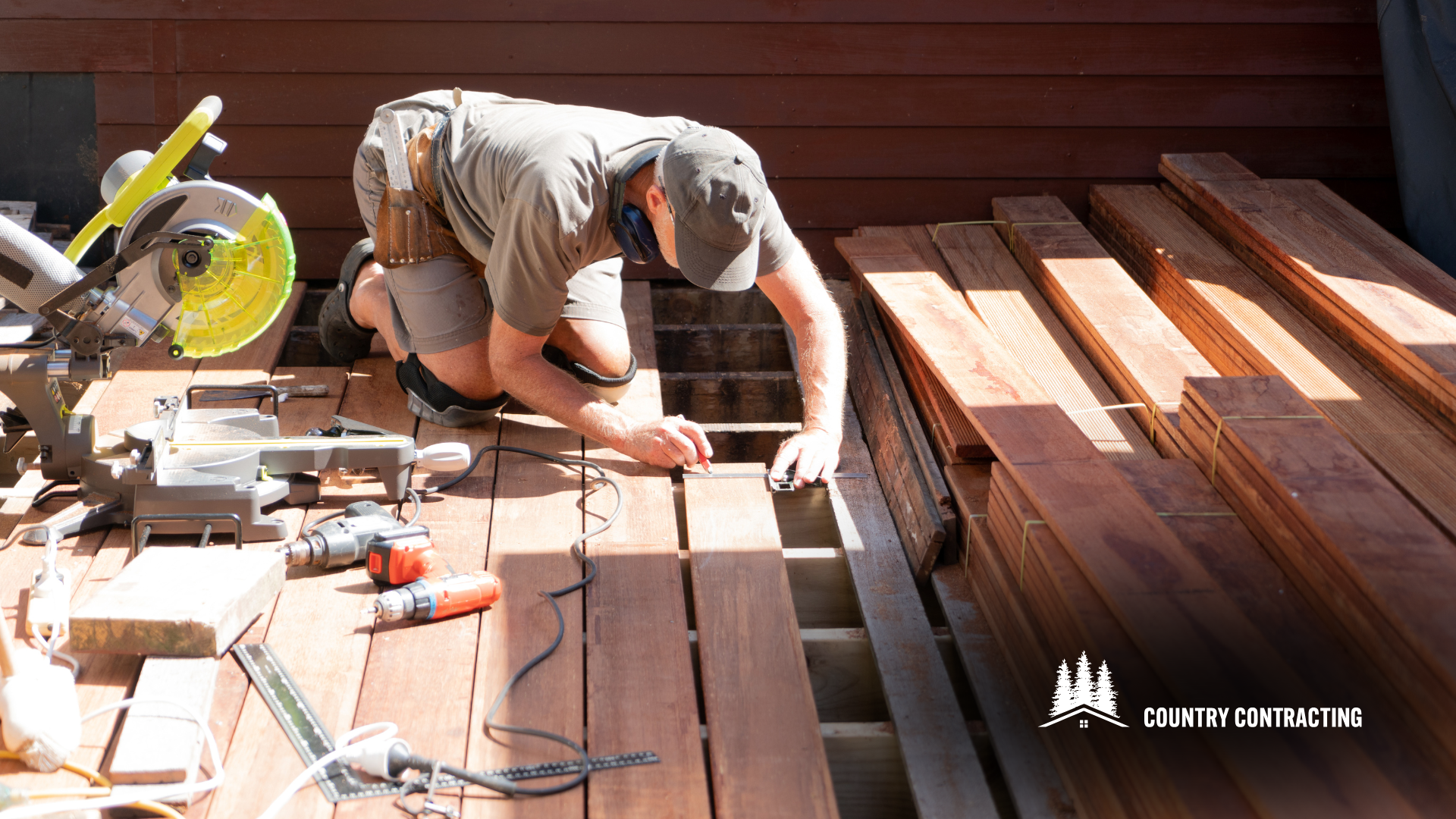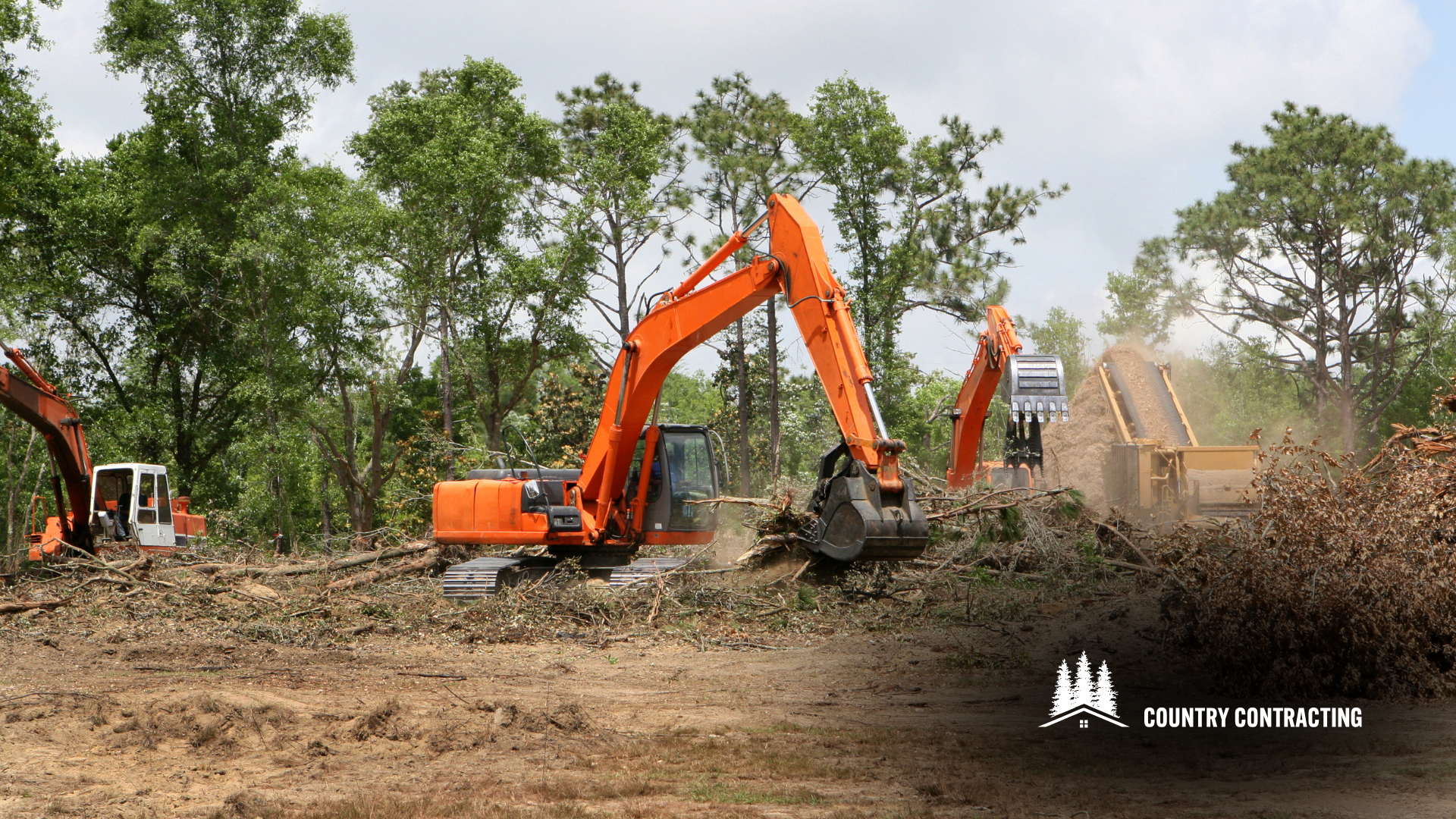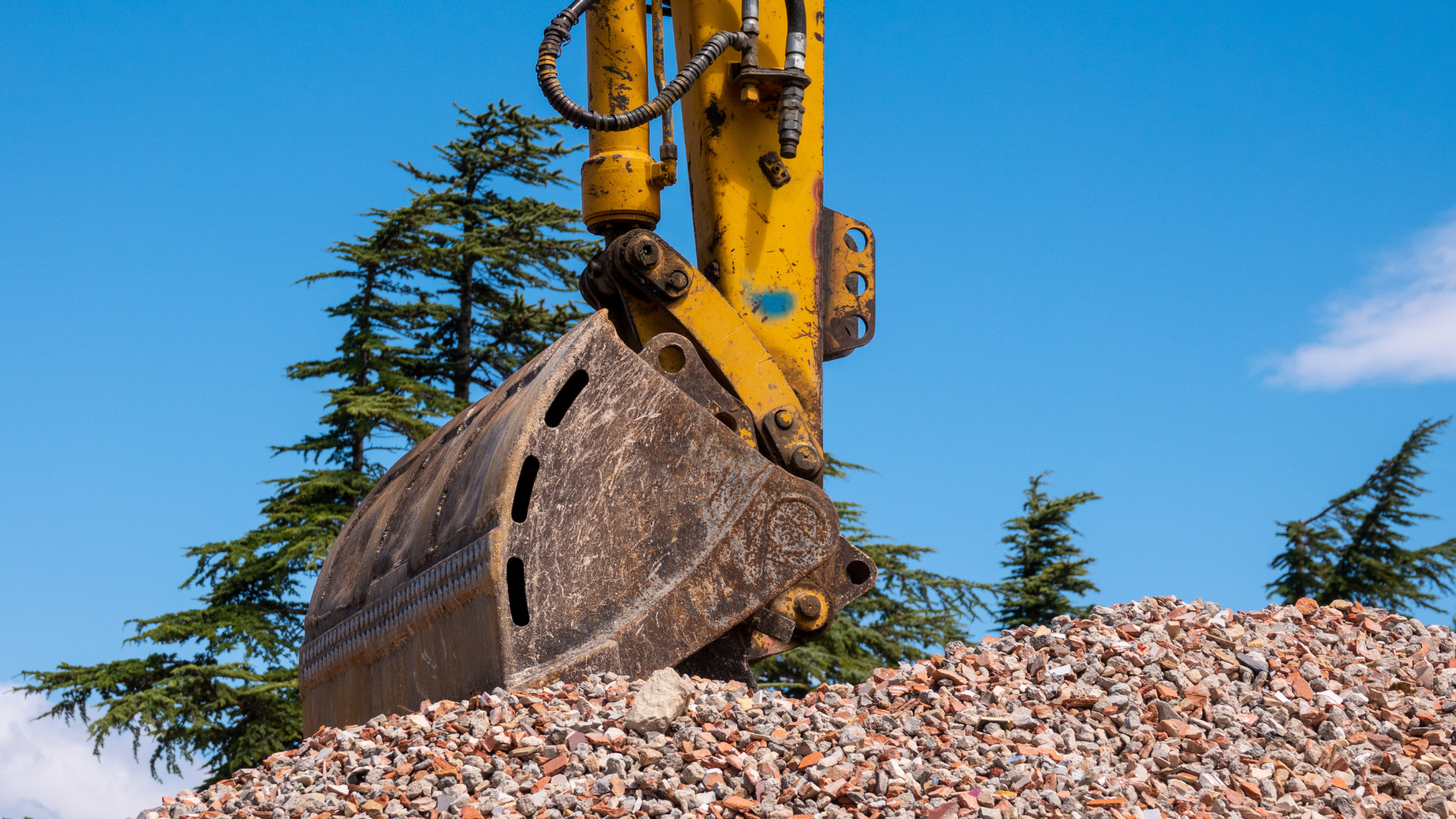CALL FOR A FREE QUOTE TODAY! (705) 457 - 6411
How Much Does It Cost to Build a House
Building your dream home is one of life’s most exciting and rewarding experiences. However, it can also feel overwhelming due to the numerous decisions and financial commitments involved. Knowing how much it will cost to build a house is a crucial first step, as it lays the foundation for budgeting, planning, and ultimately turning your vision into reality.
In this guide, we’ll explore the major factors that influence home construction costs, provide insights on regional variations, and share practical strategies to help you control expenses. Whether you're building from scratch or considering other housing options, this guide is designed to equip you with the knowledge you need for an informed and successful project.
How Much Does It Cost to Build a House in Canada? (Overview)
The cost to build a house in Canada can vary greatly depending on factors such as location, labor, materials, and design. Urban areas often have higher costs due to demand, labor rates, and stricter building codes. In contrast, rural areas may offer lower land prices but may have limited access to contractors and materials. On average, costs can range from $150 to $300 per square foot, with luxury builds costing even more.
For more detailed pricing and construction information across Canada, you can refer to the Canadian Cost Guide.
The total cost of building a house can be divided into several key categories, including land acquisition, construction, permits, and finishing touches.
Key Cost Factors
The price of land depends on its location, size, and availability of utilities. In urban areas, land costs can be significantly higher compared to rural regions. Key considerations include:
- Accessibility to schools, transportation, and amenities
- Zoning regulations
- Soil and topography (which may affect construction feasibility)
Before construction begins, the land must be cleared, graded, and prepared for the foundation. Foundation types (slab, crawlspace, or basement) can significantly influence costs. Unexpected challenges, such as poor soil conditions, may increase expenses.
How Much Does It Cost to Build a House in Major Canadian Cities? [price per square foot to build a house]
List of Services
-
TorontoItem Link List Item 1
High demand for housing drives up both labor and material costs. Prices can range from $250 to $400 per square foot.
-
VancouverItem Link List Item 2
Building costs are influenced by strict environmental regulations and land scarcity. Expect costs between $300 and $450 per square foot.
-
CalgaryItem Link List Item 3
Costs are more moderate compared to other large cities, with prices ranging from $200 to $350 per square foot, though labor availability can fluctuate.
-
MontrealItem Link List Item 4
Lower costs for labor and materials, with prices typically ranging from $180 to $300 per square foot, though building codes and climate considerations can add expenses.
Each city presents unique challenges and opportunities when it comes to home construction.
Breakdown of Construction Costs
- Structural Frame
The framing of the house includes the skeleton made of wood or steel, defining the structure's layout. This phase typically accounts for 15% to 20% of the total construction budget.
- Electrical, Plumbing, and HVAC Systems
Installing essential systems for electricity, water, and heating/cooling requires skilled labor. Costs can vary based on the complexity of the design and the quality of materials used.
- Interior Finishes
This category includes drywall, flooring, cabinetry, countertops, and fixtures. Custom designs and premium materials can significantly raise costs. For a more budget-friendly approach, consider pre-made options.
- Decks and Outdoor Structures
Adding a deck, patio, or other outdoor structures can enhance your home’s value and functionality. The cost of building a deck depends on size, materials (e.g., wood or composite), and custom features like built-in seating or lighting. Custom deck builders may charge between $30 to $60 per square foot, depending on complexity.
Permits, Fees, and Regulations
Obtaining permits is a mandatory step to ensure your project adheres to local building codes. Permit costs vary by region and may cover inspections, environmental assessments, and utility connections.
Failing to obtain necessary permits can result in costly delays or legal issues.
Cost Variations by Location
Different regions have unique cost drivers based on labor availability, material pricing, and climate considerations. In highly regulated areas, additional safety measures (e.g., earthquake or flood resistance) may be required, increasing expenses.
Example Cost Estimates:
- Urban Centers: Higher labor costs, stricter building codes
- Rural Areas: Lower land costs, potential for limited contractor availability
Additional Factors Affecting Cost
- Labor Market Conditions
Labor shortages or surges in construction demand can lead to higher wages and longer project timelines. Researching local contractor rates and availability is essential. - Material Costs
The prices of construction materials such as lumber, concrete, and steel can fluctuate due to market conditions. Choosing durable, energy-efficient materials may save money over time.
Cost-Saving Strategies
Plan and Budget Carefully
Creating a detailed budget helps you track expenses and avoid costly overruns. Work with a contractor to identify areas where you can reduce costs without compromising quality.
Opt for Standard Designs
Custom designs can be expensive. Utilizing pre-designed floor plans can reduce architectural fees and streamline the construction process.
Source Local Materials
Purchasing materials locally can lower transportation costs and support the regional economy. Additionally, local contractors may have established relationships with suppliers, leading to discounts.
Manage Project Timelines
Delays can increase labor and equipment costs. Plan for seasonal factors and supply chain issues to minimize interruptions.
Get Final Quotes for Comparison
When you receive your “all-inclusive” quote (versus a non-binding bid or estimate), make sure you understand what’s included and what’s not. Carefully reviewing the quote will help you avoid hidden costs and budget surprises.
For example, check if the quote includes:
- The application for permits and other required municipal or government paperwork
- Labour AND materials
- GST/HST on labour and materials
- Engineer drawings
- Scaffolding
- Demolition of current structures on the land
- Waste and recycled materials removal during and at the conclusion of the build
- Disconnection and connection services for utilities and services
- A topographical survey
- Site works including compaction of disturbed or unstable soil; rock removal; extra reinforcements required for building over a sewer or stormwater pipes; creation of drain fields or retaining walls; removal of trees; etc.
- HVAC systems and water heaters
- Painted interiors and exteriors
- Installation of interior and exterior light fixtures
- Cabinetry, closets, and doors (including door locks and handles) for every room
- Window dressing and flooring
- Fireplaces
- Decks, fencing, driveways, and landscaping
- Pool construction, including filtration and drainage equipment installation
By understanding exactly what’s included in your final quote, you can make better decisions and compare different offers effectively.
How to Reduce the Cost of Building a House
If you're determined to pursue a custom-built home but want to manage costs, there are strategic choices you can make at different stages of the project:
Choose the Right Location
Land prices vary significantly by location. Opting for areas outside of high-demand urban centers can help reduce costs without sacrificing quality of life. Also, consider the availability of utilities and services to avoid expensive infrastructure upgrades.
Evaluate Land Conditions
Building on land that requires minimal site preparation, such as land without significant slopes, rock formations, or unstable soil, can save money on excavation and foundation work.
Use Standard Designs and Plans
Custom architectural plans can be costly. Pre-designed floor plans or modular layouts streamline construction and reduce both design and labor expenses.
Source Cost-Effective Materials
Research materials that offer durability at a lower cost. For example, engineered wood may be more affordable than traditional hardwood. Also, look for sales or local suppliers to save on transportation costs.
Work with Reputable Contractors
Choose contractors with experience and strong industry connections. They may be able to negotiate better prices on materials and labor, helping you stay within your budget.
Limit Custom Features
High-end customizations like elaborate cabinetry, luxury finishes, and specialty appliances can quickly inflate your budget. Focus on essential features initially and consider upgrades later.
Prioritize Energy Efficiency
Investing in energy-efficient designs and systems (e.g., proper insulation, high-efficiency windows) can reduce long-term costs for heating and cooling, even if the upfront costs are slightly higher.
These tips can help you keep costs under control while still achieving your vision for a custom home.
Are There Other Options to Custom-Built Homes?
Pre-Designed or Modular Homes
These homes are built off-site and assembled on your property. They offer faster construction times and reduced costs.
Spec Homes
These are homes that builders construct with popular layouts and finishes, typically offering fewer customization options but at a lower price.
Renovating an Existing Home
Buying a pre-existing home and renovating it to meet your needs may also be a cost-effective alternative.
These alternatives can provide flexibility and savings without compromising on the features you value most.
Financing Options
Many homeowners rely on construction loans to fund their projects. These loans typically cover the construction period and convert into a standard mortgage upon completion. Explore options with your lender to find competitive rates and terms.
Conclusion: How Much Does It Cost to Build a House?
Building a house offers the opportunity to create a custom living space, but it requires careful financial planning. By understanding the factors that influence costs and adopting cost-saving strategies, you can bring your vision to life within your budget.
Consult with professionals to assess your needs, develop a comprehensive plan, and navigate the complexities of construction. With the right preparation, you can achieve your dream home while staying on budget.
CONTACT US
AREA SERVED
HALIBURTON AND SURROUNDING AREA
NAVIGATION LINKS
EMAIL US
Copyright © 2024 Country Contracting and Construction - All Rights Reserved.
